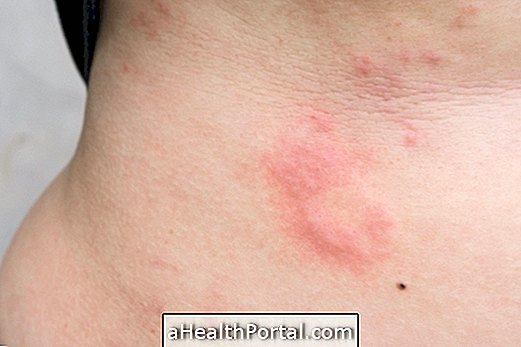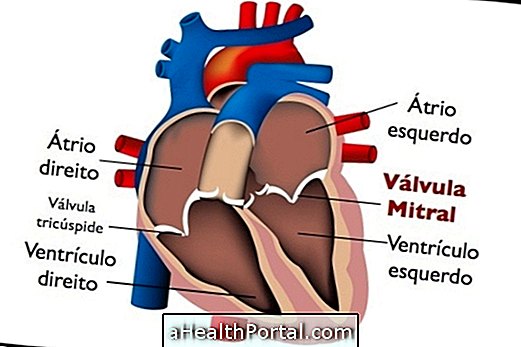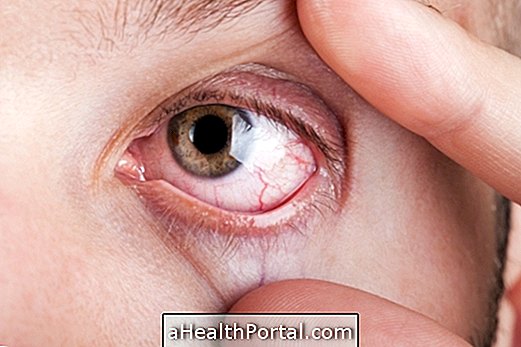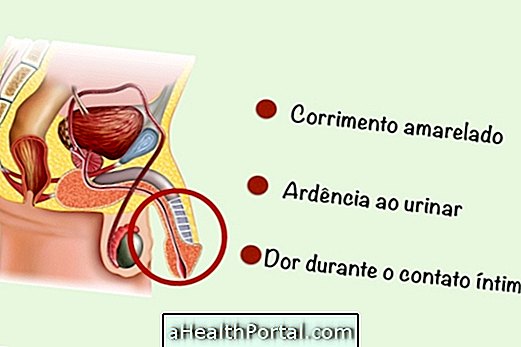To identify the cause of the allergy and to be able to treat it in a more specific and appropriate way, it is important to be alert to the main signs of allergy, which include:
- Itching;
- Bubbles;
- Redness;
- Constant cough;
- Feeling of shortness of breath;
- Repeated sneezing;
- Appearance of reddish eyes;
- Abdominal pain and vomiting.
In case of allergy, only one or several signs may appear at the same time, and these can be caused by products such as sunscreen or deodorant, medicines or food for example. Find out what to do in case of Deodorant Allergy by clicking here.
In the most severe cases, an anaphylactic reaction may occur, which is the most severe allergy situation, which can cause the individual to be in danger of life, and it is necessary to take him immediately to the emergency room.
Signs of allergy may appear at any time; however, they are more common in infants, young children and people with weakened immune systems, such as patients with HIV or cancer.
Main causes of allergy
It is necessary to identify the cause of the allergy to prevent it from appearing again and that it interferes with the activities of the day to day or of the work. Thus, the main causes of allergy include:
- Ingestion of food such as seafood, strawberry or egg;
- Use of medicines such as Penicillin or Prednisone;
- Insect bites, such as bee or mosquito;
- Pollen, dust or animal hair;
- Materials such as acrylic or latex;
- Excess of sun or heat.
However, it is not always easy to identify the cause of the allergy, and in such cases, an allergist should be consulted to take an allergy test and correctly identify their cause. Learn more about this test in: Allergy Test.
In addition, to help the doctor identify the cause of the allergy you should note the symptoms, the order of appearance and their duration. For example, if symptoms worsen in the spring or fall, it may be a pollen allergy.
What to do in case of allergy
When it is known the cause of the allergy it is important to avoid contact with what caused the allergic reaction. For example, if the individual knows that he is allergic to shellfish he can not eat it or if he reacts to the cat's fur he can not contact the animal, for example.
If the individual does not yet know the cause of the allergy and has symptoms such as itching or redness of the skin, for example, it is important to go to the emergency room to check the need to take an antihistamine remedy such as Clemastine to reduce symptoms and treat the allergy.
To know more about allergy symptoms see: Allergy Symptoms.





















